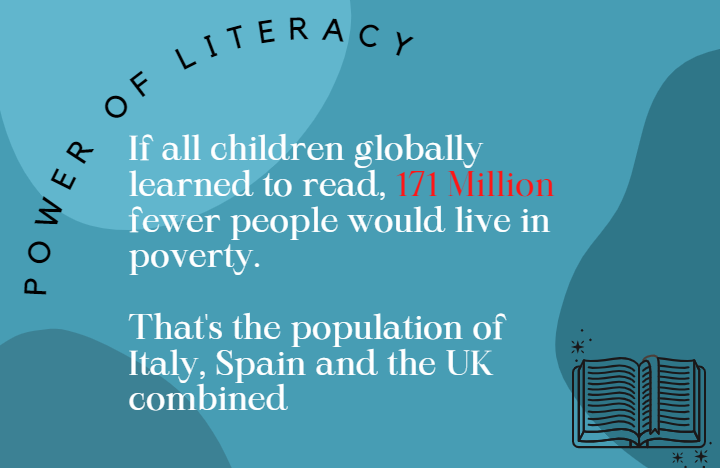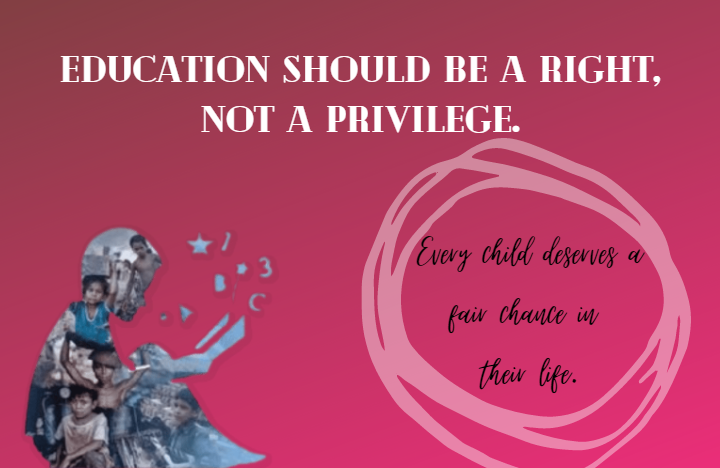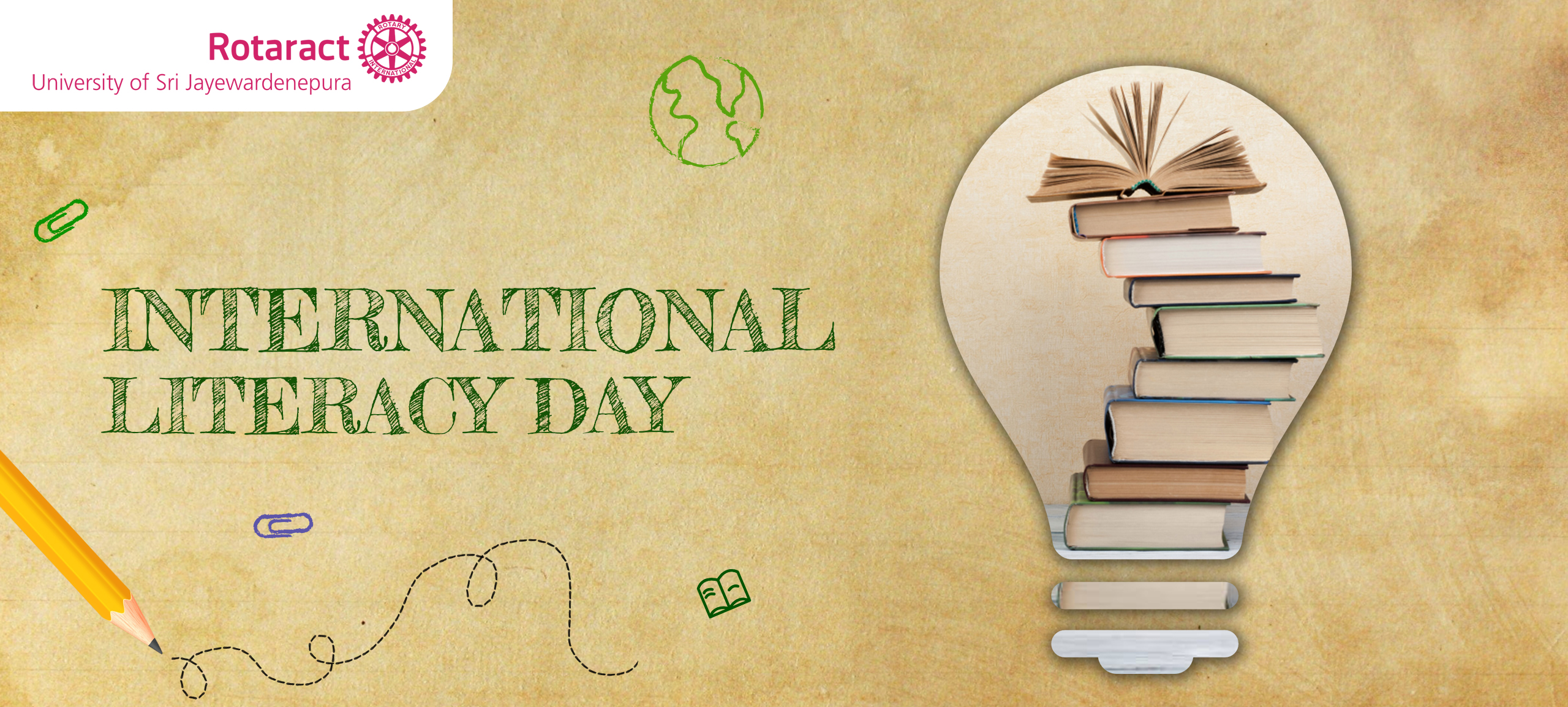International Literacy Day takes place on the 8th of September annually to raise awareness and concern for literacy problems that exist within local and global communities. The day was founded by the proclamation of UNESCO, in 1967 to remind the public of the importance of literacy as a matter of dignity and human rights.
International Literacy Day brings ownership of the challenges of illiteracy back home to local communities where literacy begins, one person at a time.
What is known as literacy? Literacy is popularly understood as the ability to read and write in at least one method of writing and understanding, reflected by mainstream dictionaries. In this view, illiteracy would be considered to be the inability to read and write. Miriam-Webster Dictionary defines literacy as “the quality or state of being literate: educated…able to read and write.”Since 1967, International Literacy Day celebrations have taken place annually around the world to remind the public of the importance of literacy as a matter of dignity and human rights, and to advance the literacy agenda towards a more literate and sustainable society.

UNESCO took the lead with the primary purpose of reminding the international community of the importance of literacy for individuals, communities and societies, and the need for intensified efforts towards more literate societies. One year later, the global community accepted the challenge of ending illiteracy by participating in the first International Literacy Day.
On International Literacy Day, organizations and individuals take charge and use their literacy to encourage and assist those who are facing difficulties on how to read and write. Students and employed individuals are encouraged to volunteer to tutor children in the community. Books are generously donated to libraries, and students’ tuition and learning are sponsored to launch their life-long success in this period of time.
Sri Lanka’s population had an adult literacy rate of 96.3% in 2015, which is above average by world and regional standards. It has the highest literacy rate in South Asia and overall one of the highest literacy rates in Asia. Computer literacy in 2017 28.3% and phone users in 2017 105%, website users 32% in 2017. Education plays a major part in the life and culture of the country.

Around 773 million adults lack minimum literacy skills in the world. One in five adults is still illiterate and two-thirds of the rate are women. Around 60.7 million children are out of school and many more attend irregularly or drop out. According to UNESCO’s ‘Global Monitoring Report on Education for All (2006)’, South and West Asia have the lowest regional adult literacy rate in the world.
This year, the projects and programs implemented regarding International Literacy Day are requested to reflect the theme ‘Inclusive distance and digital literacy learning’. The theme highlights innovative practices that literacy promoters have been initiating as a way to ensuring the continuity of literacy learning during the COVID-19 crisis. By finding solutions for continuing literacy learning for even the most vulnerable populations has made a difference during a critical time, where face-to-face teaching and learning is restricted.

In line with the UNESCO Strategy for Youth and Adult Literacy, the focus is, but not limited to, literacy learning in a lifelong learning perspective. Throughout the pandemic, distance learning has shown many faces and been supported by high-, low- and no tech solutions as well as hybrid learning that combined face-to-face learning.
කොවිඩ් 19 අර්බුදය තුළ සහ ඉන් ඔබ්බට ඉගැනුම් ඉගැන්වීම් සාක්ෂරතාවය
සාක්ෂරතාවය යන්නෙහි සරල අදහස ලිවීමට හා කියවීමට ඇති හැකියාව වග අපි අසා ඇත්තෙමු. 1967 වසරේ සිට සෑම සැප්තැම්බර් 8 වැනිදාවකම සාක්ෂරතාවයේ මහිම, වටිනාකම පෙන්වාදීමට හා එය මානව අයිතිවාසිකමක් බව නැවත නැවතත් පසක් කරනට, “ජාත්යන්තර සාක්ෂරතා දිනය” විවිධ තේමා යටතේ වාර්ෂිකව සමරයි.
එසේ ජාත්යන්තර සාක්ෂරතා දිනය වාර්ෂිකව උත්සවශ්රීයෙන් සැමරුවද, UNESCO සංවිධානයට අනුව අදටත් ලොව පුරා මිලියන 773කට ආසන්න තුරුණු හා වැඩිහිටි පිරිසකට සාක්ෂරතාවයට ඇති මූලික කුසලතාවත් නොමැත.

කොවිඩ් අර්බුදය තුළ සහ ඉන් ඔබ්බට ඉගැනුම් ඉගැන්වීම් සාක්ෂරතාවය ඇති කිරීමට හා ‘ඩිජිටල් බෙදීම’ අවම කිරීමේ තේමාව යටතේ මෙවර ජාත්යන්තර සාක්ෂරතා දිනය සමරනු ලබයි. පෙර පාසල් දරුවාගේ සිට විශ්වවිද්යාල විද්යාර්ථියා දක්වා ළමා යොවුන් සියලු දෙනාගේම අධ්යාපනය කොරෝනා වසංගතය හමුවේ බිදවැටී ඇත. එනිසා මෙවන් කාලයක ඉගෙනුම් ඉගැන්වීම් ක්රියාවලිය අඛණ්ඩව සිදු කිරීමට මාර්ගගත දුරස්ථ අධ්යාපනය වැනි විකල්ප අධ්යාපන ක්රමයන්ගේ අවශ්යතාවය මතුවන මුත් එමගින් ‘ඩිජිටල් බෙදීම’ තවත් පුළුල් වීම අවාසියකි.
දුරස්ථ අධ්යාපනය ලබාගැනීමට අවැසි උපාංග නොමැතිවීම, විදුලිය හා දුරකථන සංඥා නොමැතිවීම, මාර්ගගතව ශිල්ප හැදෑරීමට අවැසි තාක්ෂණික දැනුම නොමැතිවීම වැනි කාරනා මත ‘ඩිජිටල් බෙදීම’ සාක්ෂරතා වෙනසට සෘජුවම බලපායි. තාක්ෂණික කෞෂල්යය සාක්ෂරතාවය කෙරහි ඇතිකරනු ලබන බලපෑම අවම කරනු වස් රූපවාහිනී නාලිකා හා ගුවන්විදුලි වැඩසටහන් වැනි මාධ්ය ඔස්සේ අධ්යාපනික වැඩ සටහන් විකාශනය කිරීම පැසසිය යුත්තකි.

සාක්ෂරතාව හා ඩිජිටල් සාක්ෂරතාව නොමැති ළමා, යොවුන්, වැඩිහිටි උදවියගේ සාක්ෂරතාව නගා සිටුවන අන්දම පිළිබදව මෙවර සාක්ෂරතා දිනයේදී පුළුල් ලෙස සාකච්ඡා කරනු ඇති අතර අනාගතයේ, කොවිඩ් අර්බුදයෙන් ඔබ්බට ඉගැනුම් ඉගැන්වීම් සාක්ෂරතාව වර්ධනය කිරීම පිණිස ‘ඩිජිටල් බෙදීම’ අවම කර තාක්ෂණ සාක්ෂරතාව පුළුල් කරන්නට ගත හැකි පියවර පිළිබදව කතිකාවතක් ගොඩනගනු ඇත.
சர்வதேச எழுத்தறிவு தினம்
சர்வதேச எழுத்தறிவு தினம் ஆண்டுதோறும் செப்டம்பர் மாதம் 8ம் திகதியன்று கொண்டாடப்பட்டுவருகிறது. இந்நாளை “யுனெஸ்கோ” நிறுவனம் நவம்பர் 17, 1965 ஆம் ஆண்டு எழுத்தறிவு நாளாக பிரகடனம் செய்தது. இது 1967 ம் ஆண்டு தொடக்கம் கொண்டாடப்படுகிறது. எழுத்தறிவின் மகத்துவத்தை, முக்கியத்துவத்தை தனிப்பட்ட மக்களுக்கும், சமூகத்துக்கும், உலகுக்கும் உணர வைப்பதே இந்நாள் கொண்டாடப்படுவதன் முக்கிய நோக்கம் ஆகும்.

எழுத்தறிவு என்பது பாரம்பரியமாக வாசிப்பு, எழுத்து மற்றும் கணிதம் ஆகிய திறன்களை குறிப்பதாக இருந்து வந்தது ஆனால், இன்று இதன் வரைவிலக்கணம் விரிவடைந்துள்ளது. இன்று அது மொழி, கணிதம், குறியீடுகள், கணினி ஆகியவற்றில் திறன் பெற்றிருப்பதையும் மற்றும் புரிந்து கொள்ளுதல், தொடர்பாடல், பயன்தகும் அறிவினைப் பெற்றுக்கொள்ளுதல் மற்றும் ஐதீகமான கலாசார குறியீடுகளை பயன்படுத்துதல் ஆகியவற்றை குறிக்கின்றது. எந்த மொழியிலும் இலகுவான வசனங்களை எழுதவும், படிக்கவும் தெரியாமையே எழுத்தறிவின்மையாகும் என ஐநாவின் சாசனம் எழுத்தறிவின்மையை வரையறுக்கின்றது.
உலகளாவிய ரீதியில் சுமார் “781 மில்லியன்” வயது வந்தோர் அடிப்படை எழுத்தறிவு அற்றவர்களாக இருக்கிறாரகள் என மதிப்பிடப்பட்டுள்ளது. இவர்களில் மூன்றில் இரண்டு பங்கினர் பெண்கள் ஆவர். அதுமட்டுமின்றி, “103 மில்லியன்” சிறுவர்கள் பாடசாலை வசதிகள் அற்ற நிலையிலும், சிலர் படிப்பை பாதியில் நிறுத்தி விட்டவர்கள், அரைகுறையாக பள்ளி செல்பவர்கள் என இப்படி ஏராளம். இதனாலேயே இவர்கள் அடிப்படை கல்வியான எழுத்து, வாசிப்பு, மற்றும் கணிதம் தெரியாதவர்களாக இருக்கின்றனர்.

எழுதுவதும், படிப்பதும் மட்டுமே எழுத்தறிவு பெற்றதாக ஆகிவிடாது. வாய்ப்புகளை கண்டறிவதுடன் வளர்ச்சியை மையமாக கொண்டதாகவும் அந்த கல்வியறிவு இருக்க வேண்டும். ஐக்கிய நாடுகள் சபையில் உறுப்பினர்களாக உள்ள நாடுகள் அனைத்தும் சர்வதேச அளவில் அனைவரும் எழுத்தறிவு பெறுவதை இலக்காக கொண்டு அதற்குரிய நடவடிக்கைகள் எடுத்தல் அவசியம்.
யுனெஸ்கோவின் அபிவிருத்தி திட்டங்களில் எழுத்தறிவித்தல் ஒரு முக்கிய இடத்தை பிடிக்கின்றது. ஒவ்வொரு நாடுகளிலும் இத்திட்டங்கள் முன்னெடுத்து செல்லப்படுகின்றமை முக்கிய அம்சமாகும். இதில் முதியோர்களுக்கு கல்வி போதித்தல் பிரதான இடத்தை வகிக்கின்றது.
English Article: Rtr. Himeth Sewmin
Sinhala Article: Rtr. Sewmini Bandaranayaka
Tamil Article: Rtr. Srinath Udayachandran



❤️